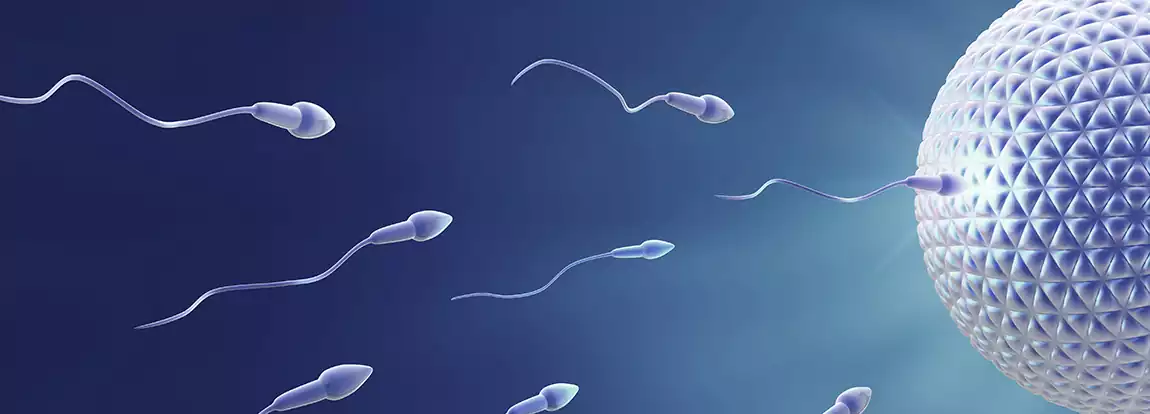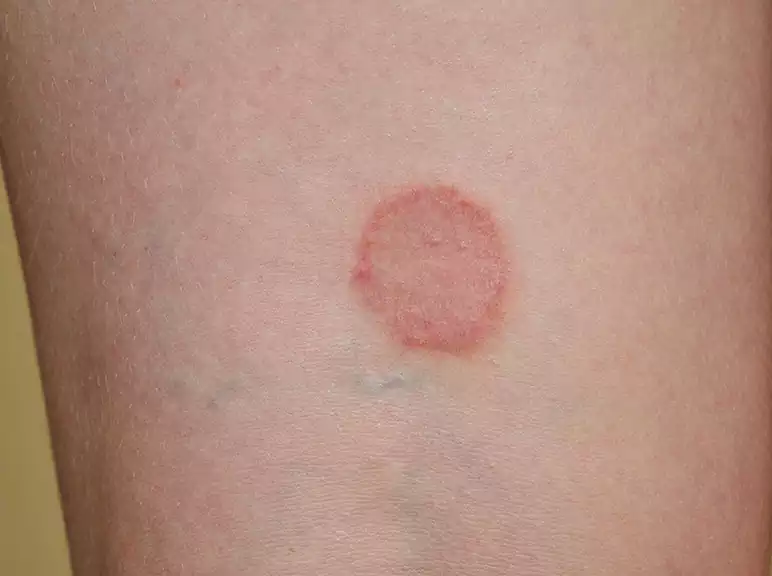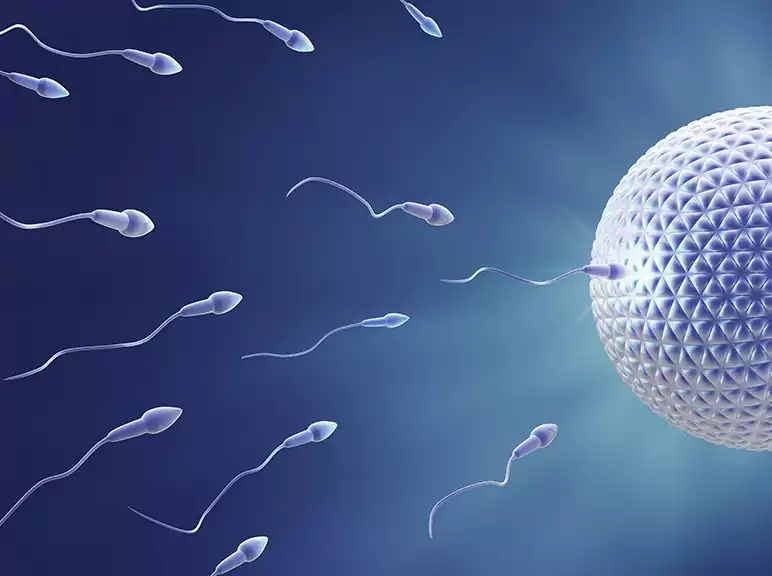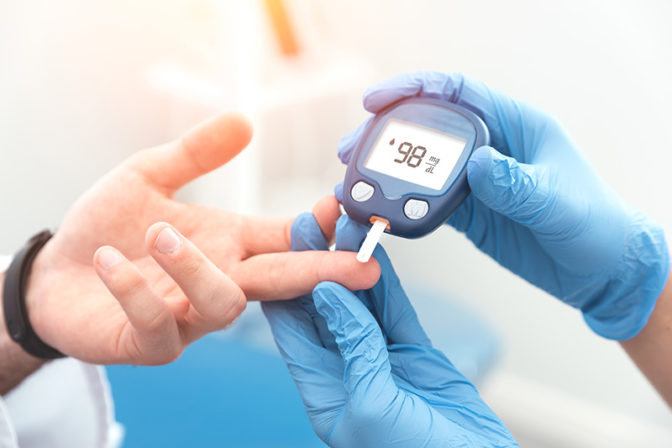Male Infertility
Male Infertility Overview
Infertility is a lack of ability to conceive of unprotected intercourse after at least 12 months. Since most couples can conceive in that time, it is vital to check for fertility problems for those who cannot conceive. Very few people think of male infertility when the word infertility is mentioned. Most people believe that women are often associated with infertility. However, male infertility is the reason behind 41% infertility cases, in particular, hormone problems, other diseases, reproductive injuries and blockages, sexual problems such as erectile dysfunction and premature ejaculation could even affect the sperm temporary or permanently and prevent conception. Some disorders become harder to treat the longer they are untreated. The production of sperm takes place in the test tubes. Sperm grows into mature sperm within the tests. The energy generated inside each sperm strengthens its tail so that it can once swim inside the vagina to the female egg. Other hormones in the body control sperm production and development. Low sperm counts or low sperm motility also cause of male infertility.
Male Infertility – Causes
The following conditions are the most common causes of infertility:
- diabetes
- defect or obstruction in the reproductive system
- sexual dysfunction, for example, erectile dysfunction and premature ejaculation
- diseases such as certain types of anaemia and sexually transmitted diseases
- infection of the prostate and testes
- hormone problems like low levels of testosterone
- injury to the testes
- medication used in the management of arthritis, high blood pressure, etc.
- retrograde ejaculation, a condition where semen flows backwards into the bladder while ejaculation
- other diseases such as high fever, kidney diseases, various kinds of infections, cancer of the testes
- chemotherapy
- birth defects also known as congenital defects can also be a cause male infertility
Male Infertility Symptoms
There have been no obvious signs of infertility in most cases. Usually, intercourse, ejaculation and erection are easy and comfortable. The amount and appearance of ejaculated semen appear to the naked eye usually normal. The only symptom most men who have male infertility are that they cannot conceive a child. Still, depending on the cause, other signs and symptoms can be associated with male infertility:
- Sexual function problems, e.g. difficulties with ejaculation or small ejaculation volumes, decreased sexual desire or difficulty with erectile dysfunction
- inability to smell
- swelling, pain or a lump in the testes area
- abnormal breast growth in men
- recurrent respiratory infections
- decreased body or facial hair, or hormonal abnormality, or other signs of a genetic
- Lower sperm count than usual (less than 15 million sperm per millilitre of semen or less than 39 million sperm count per ejaculate)
Complications
Infertility for couples can be stressful. The following may include complications relating to male infertility:
- surgery or other procedures to manage an underlying cause of low sperm count or other reproductive problems;
- stress in the relationship due to the inability to have a child;
- expensive reproductive techniques.
- infertility in either partner may complicate the treatment;
- progressing age may cause a sense of urgency about the treatment;
- infertility or severe infertility for more than three years is more challenging to treat;
- failure in treatment can cause resentment, frustration, a feeling of inadequacy, guilt, anger, and marital problems; and
- financial costs and time of fertility treatment may cause an additional burden.
Male Infertility Homeopathic Treatment
A study showed the effectiveness of homoeopathy in improving sperm quality and quantity in male infertility. The effect of individualised homoeopathy on male infertility based on sperm, hormonal values and general health was investigated in this prospective observational pilot study. 46 subfertile men were treated for an average of 10.4 months with single homoeopathic remedies. The medicines were prescribed based on the overall symptom. The variables ‘sperm density,’ ‘progressive motility percentage of sperm’ and ‘good propulsive motility sperm density,’ particularly with oligoasthenozoospermia,’ were significantly improved. Patients ‘ overall health improved considerably. The following have been positive predictors of the success of a therapy: alcohol consumption under 30 g / day, non-smoking, the presence of lower than five fillings of dental amalgam, no exposure to adverse substances on the job and no prior inflammatory genital diseases. Factors such as stress, above 38 years of age, high consumption of coffee and long unwanted childhood have not had a negative impact on the results of therapy in this study.
The rate of improvement of sperm count through homoeopathic treatment is comparable to the rate of progress achieved by conventional treatment so that individualised-homoeopathic therapy is an alternative to traditional subfertile men.
Treatment approach at AVIVO Clinics
At AVIVO Clinics, we have a team of experienced doctors who work extensively to provide holistic treatment for all sexual health-related issues including Gynaecologists, endocrinologists, psychiatrists, and professional homoeopaths
Step 1: First Session – Our experienced doctors will spend a few minutes with you during your first consultation. The questions asked to go beyond the immediate problem and take your medical history, medications, lifestyle, sex history and sex behaviour into account, which can cause infertility. The information is vital for us to understand the underlying cause of infertility and to propose personalised treatments which are best suited to your condition.
Step 2: Medical Diagnosis – Male infertility can be diagnosed with a medical history of a man and a physical exam together with a semen analysis for the number, shape and motility of sperm. If necessary, our doctors can suggest some tests to exclude other causes of infertility.
Step 3: Personalised Treatment – Natural medicines are recommended based on the diagnosis and extent of the condition.
Step 4: Guidance on change in lifestyle – Our expert doctors help you achieve healthy lifestyle objectives like maintaining a healthy weight, eating nutritional food, and reducing stress, which can contribute to fertility.
Benefits of Homeopathy
- Boosts vitality
- Treatment with medicines made from natural resources like plants and minerals
- Helps cope with stress
- Treatment customised for every patient
- Effectively treats the underlying cause of infertility
- No dietary restrictions involved
- Helps enhance sperm motility
- Helps stimulate sperm production




















